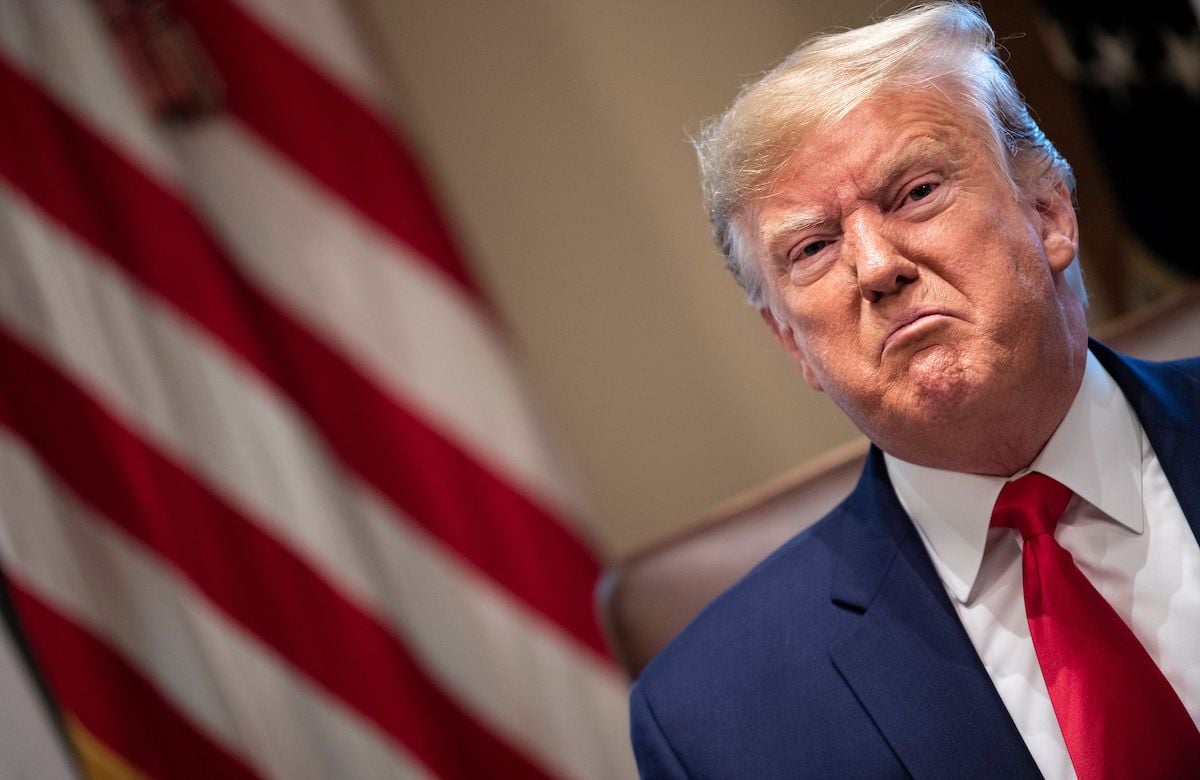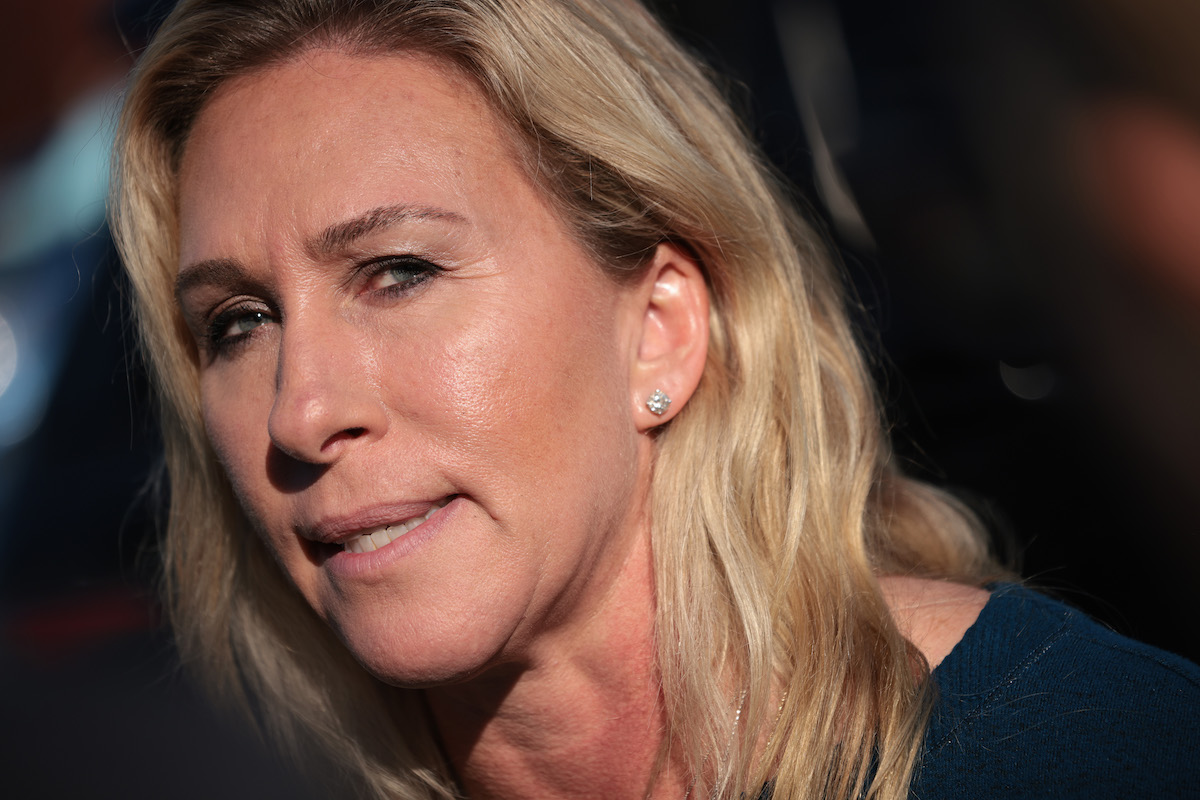Yesterday, William B. Taylor Jr., the top American diplomat to Ukraine, joined the list of current and former officials who have defied Trump’s orders and testified before Congress. The reaction from those who heard the closed-door testimony has been dramatic. Politico says Taylor’s opening statement (which you can read here) “prompted sighs and gasps.” Freshman Rep. Andy Levin called it his “most disturbing day in Congress so far.” Rep. Harley Rouda says “The body language of the people hearing it was, ‘holy s—’ — seriously.”
The major takeaway of Taylor’s testimony is that he directly contradicted Donald Trump’s claim that there was “no quid pro quo” in his conversations with Ukraine’s President Volodymyr Zelensky. Trump and his lawyer Rudy Giuliani have admitted to a whole slew of other potential or definite crimes. They admit to seeking Ukraine’s help in influencing the 2020 Presidential election. But the one thing they’ve insisted was that they never forced Ukraine to help.
It was already fairly clear from the White House’s own paraphrased memorandum of the call between Trump and Zelensky that that’s not true, but the demand for help was only heavily hinted at in that document, not expressly stated, so they’ve continued to deny that’s what Trump meant.
But according to the New York Times, Taylor “said the president sought to condition the entire United States relationship with Ukraine — including a $391 million aid package whose delay put Ukrainian lives in danger — on a promise that the country would publicly investigate former Vice President Joseph R. Biden Jr. and his family.”
And Taylor’s testimony wasn’t just about one call. He’s had a career as a diplomat for nearly 50 years and earlier this year he took over for Marie Yovanovich as the acting ambassador to Ukraine. He said he was hesitant to do so because of how poorly Yovanovich had been treated, but he took the post anyway because he wanted to effect change. Instead, he says, things were worse and weirder than he expected.
He told Congress, “in August and September of this year, I became increasingly concerned that our relationship with Ukraine was being fundamentally undermined by an irregular, informal channel of U.S. policy-making and by the withholding of vital security assistance for domestic political reasons.
We’ve been hearing a lot about that “irregular, informal” policy team, made up of Rudy Giuliani and the “three amigos” of criminal narcissists. Taylor says that once back in Kyiv, he “discovered a weird combination of encouraging, confusing, and ultimately alarming circumstances.”
Here’s an example of something that definitely sounds confusing and alarming. Try to make sense of this very Trumpian defense of demanding a foreign power to dig up dirt on his political opponent:
Ambassador Sondland tried to explain to me that President Trump is a businessman. When a businessman is about to sign a check to someone who owes him something, he said, the businessman asks that person to pay up before signing the check.
Sure.
That was from a call on September 8th. Taylor says he “argued to both that the explanation made no sense: the Ukrainians did not “owe” President Trump anything, and holding up security assistance for domestic political gain was “crazy.” The next day, Taylor repeated that opinion via text, telling Sondland, “I think it’s crazy to withhold security assistance for help with a political campaign.”
He said there was radio silence for five hours before Sondland responded that Taylor “was ‘incorrect about President Trump’s intentions. The President has been crystal clear no quid pro quo’s of any kind.'”
Meaning even then, before the first whistleblower came forward publicly, Trump, or at least Sondland, knew that what they were doing could have major consequences. Trump is playing up his Big Business Boy act, telling Zelensky he has to cooperate if he wants Trump to “sign a check” (i.e. provide promised aid to an entire country), and then turning around and gaslighting everyone by insisting that’s not what happened.
It’s so classicly Trump that it’s hard to imagine those consequences will ever actually come, but we sure can hope.
(via , image: BRENDAN SMIALOWSKI/AFP via Getty Images)
Want more stories like this? Become a subscriber and support the site!
—The Mary Sue has a strict comment policy that forbids, but is not limited to, personal insults toward anyone, hate speech, and trolling.—










Published: Oct 23, 2019 01:15 pm